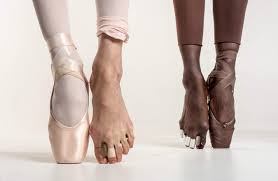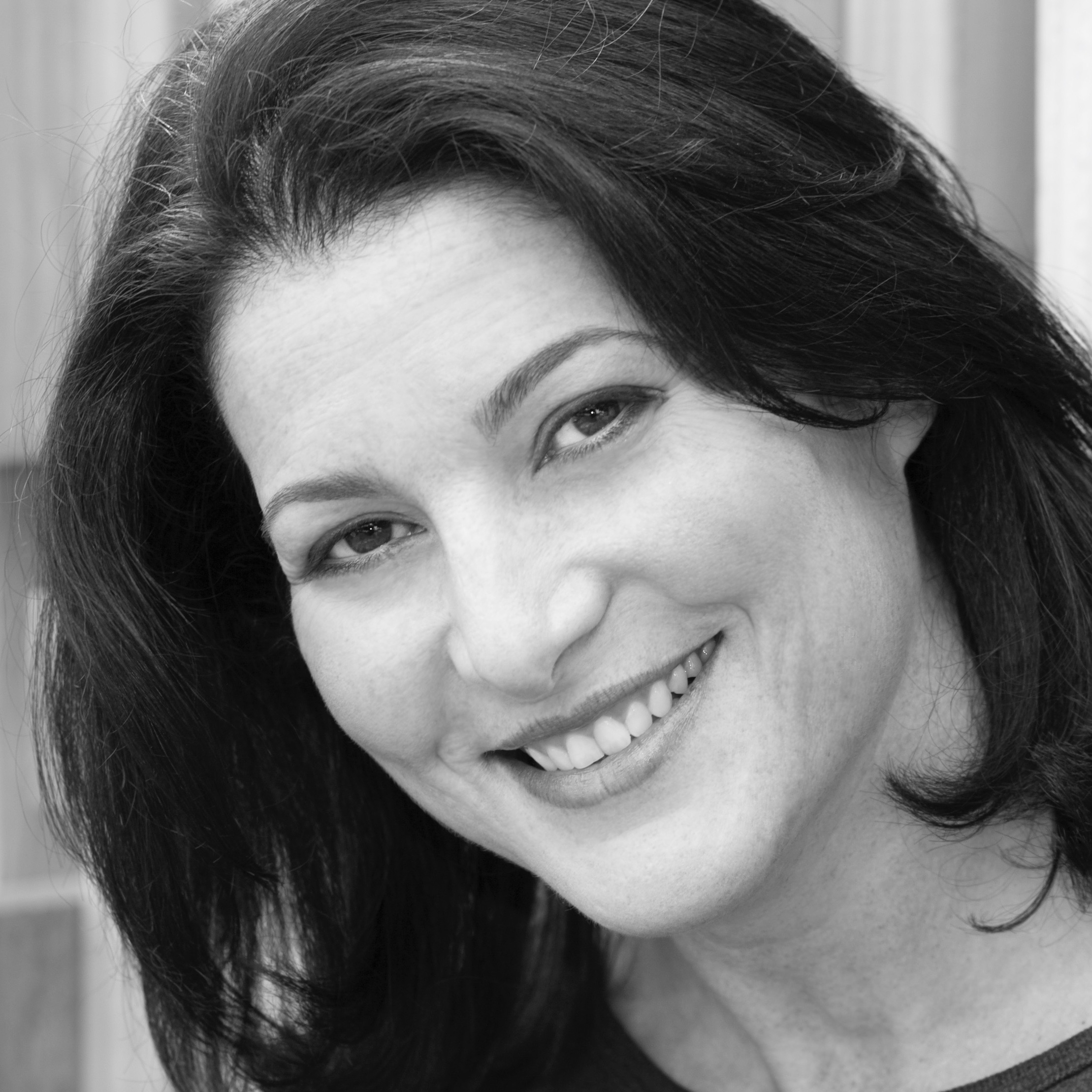
My youngest is a phenomenal dancer.
She recently went on toe point shoes which is a big milestone for a dancer.
In a sweet interaction in the car she said to me,
“Ema (mom), I got a blister,” and she smiled.
I have been asking her for the past 2 weeks if her feet hurt, and if it’s hard.
I was worried about her feet and worried about her pain.
And here she was, so proud and happy to have a blister.
I asked her why she was happy, and she said, “It doesn’t hurt and it’s cool. I have a blister form my point shoes, Ema. I’m a real dancer now!”
I smile back, thinking and praying that her feet do not turn into what I have seen some professional dancers’ feet look like.
I don’t think she is there, but too many of my artist friends suffer in the name of their art. It is true that pain teaches us and through the pain we learn our most important lessons. Incredible creativity lives in those lessons, but we really shouldn’t suffer.
Blisters, they happen when our skin rubs against something.
Blisters, they happen when you get burned.
They are red and then they bubble up.
The next day in my class one of my students referred to the police as a blister on his existence.
I walk very carefully when I talk about the police with my homies.
I walk EXTREMELY carefully when I talk about the police with my homies.
I desperately want to give them tools to stay safe.
I want to empower them to stay calm and not add fuel to the fire.
But I also hear them.
I hear their horrible, horrible stories of harassment and of badgering.
I hear about the blister on their existence.
I gently try to say, “You are right. They have power.
You have a record, and THEY have the power.”
I walk a very thin line, suggesting them to be compliant, cooperate.
“Do what you are asked,” I say. “Always answer calmly.”
They don’t like that.
I worry. Oh, how I worry about my people.
My students are trying hard to change, against all odds.
One wrong move and they will be pushed back to square one.
“Ms., I am not afraid. I did 25 years. When that cop came at me, I called him a bunch of messy names.”
I look at him. I say nothing.
“What?” he asks.
I take a breath. The entire class leans in. What will the white, Jewish lady say?
“Why would you risk it?” I ask.
“Why come at him? Be smart, not right,” I tell him.
“I want you in my class,” I smile. “NOT LOCKED UP again.”
They all hiss and laugh and pat him on the shoulder.
“Dude, she wants you, man.”
We laugh, and then there is a sad silence.
We know what is to be true.
“Seriously,” I say.
“I want you to be safe. You have worked too hard to have it taken away because you want to be right.”
My beautiful student stands up.
“You know,” he says, “if they stopped me once in a while, I’d be okay.
Even if it was once every few days, I’d be okay.
But fuck, Ms., it’s every day, EVERY DAY, every single fucking day.
I walk from here to the train station.
They stop me.
I walk to the 7 Eleven, they stop me.
Hell, I go to throw out the fucking trash, they stop me.
If I’m in a real white place, like a comedy club, where I went last night, damn, they stop me like I got no business to be there. That is the darn truth.”
“I’m sorry,” I say.
“I’m really sorry.”
“What you sorry for, Ms.? You ain’t stopping me.”
“I know, but I hate that this is your reality.
I hear you, and I am not sure that what I am saying is fair, but you think about you and not them. Can you think about what you have and what you will lose by not doing what they say? It is horrible.
Play the game, be polite, not because they want you to, but because you want to, because you are better than them. You have control, not them.”
I hate what I am saying, it’s all I have.
I am not sure if I am right. I pause.
“It sucks, I know,” I say.
It is very quiet in the room.
“My daughter is a dancer,” I tell them.
“She is proud of her blisters,” I explain.
“I am proud of how you deal with yours,” I say to them.
I look at my student, a beautiful black man who even before he committed any crime was guilty, was questioned, was pulled over again and again because of the color of his skin. Now that he has a record, his stakes are so much higher.
I look at him and I say, “We need to do better. I’m not sure how, but I know that there are a lot of people like me that see you, that hear you, and are outraged about all this.”
“Well,” he says, “I will be the ballerina of the streets and let the police give me whopping blisters and I will wear those blisters with pride.”
Then it gets kind of gross, because they start talking and getting graphic about the blisters and puss and I say, “Okay, that’s enough. Not even funny.”
At the end of class a young woman comes over to me.
“Do people understand how fucked up all this is?” she asks me.
“I don’t think we can understand, but we hear you. We are angry for you. We will stand with you and fight this with you.”
She gives me a hug.
“You’re a good blister, Ms., a real good one.”
I know what my marching orders are.
It is to be the biggest, toughest, most uncompromising blister.
Protest, march and rally with all I have against police brutality, racism and injustice.
By the way, those are your marching orders, too.
Naomi Ackerman is a Mom, activist, writer, performer, and the founder and Executive Director of The Advot (ripple) Project a registered 501(c)3 that uses theatre and the arts to empower youth at risk to live their best life.






















 More news and opinions than at a Shabbat dinner, right in your inbox.
More news and opinions than at a Shabbat dinner, right in your inbox.